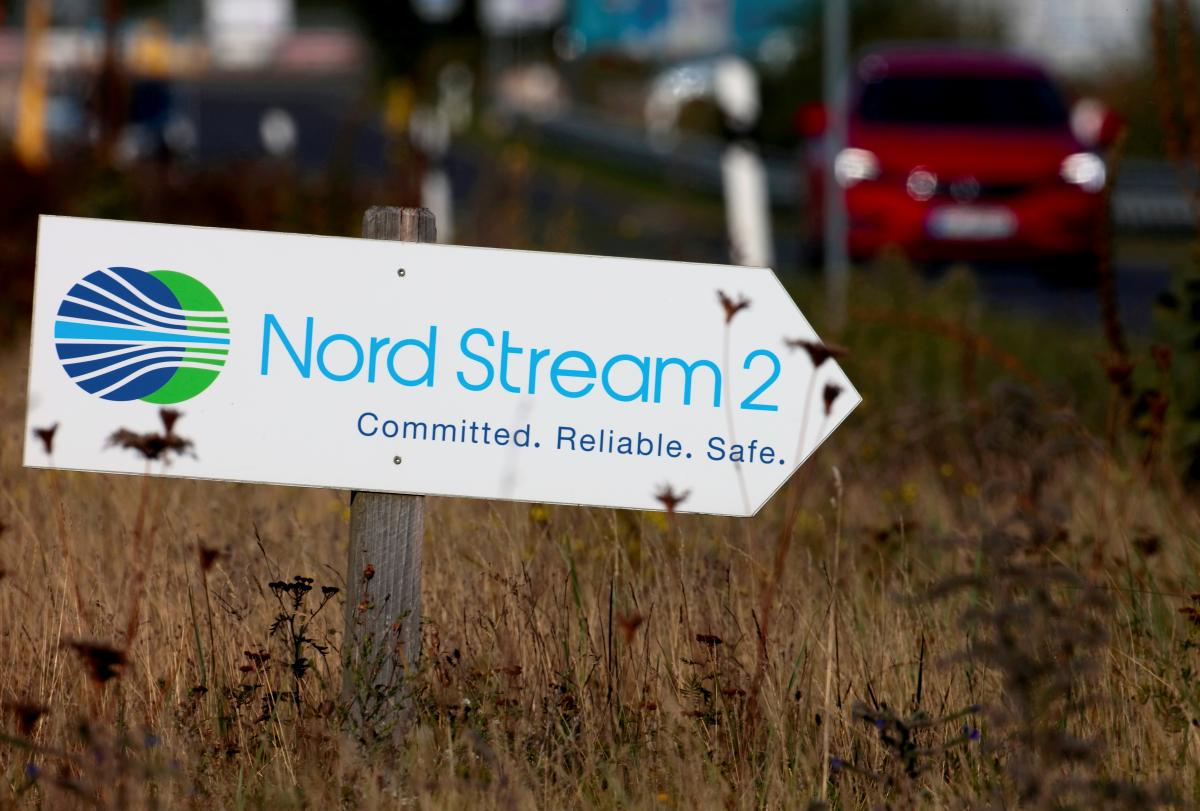
The decision by Joe Biden's administration to waive sanctions targeting Russia's Nord Stream 2 pipeline is wrong, argues U.S. Senator Jim Risch, ranking member of the Senate Foreign Relations Committee.
The statement, released on Wednesday, comments on the State Department's impending report on the Nord Stream 2 pipeline.
"The administration has finally acknowledged what we’ve known all along – the entities sanctioned in today's Nord Stream 2 report have been engaged in sanctionable activities for months," Risch wrote. "This determination took longer than it should have."
"The administration's decision to waive the sanctions they placed on Nord Stream 2 AG and the company's CEO Matthias Warnig citing U.S. national interests is just wrong," the senator said, branding the pipe a Russian "malign influence project."
Read alsoBiden administration waives sanctions on Nord Stream 2 AG, its CEOThis is "a gift to Putin that will only weaken the United States' leverage in the lead up to the impending Biden-Putin summit," Risch said, suggesting that the administration is prioritizing perceived German and Russian interests "over those of our allies in Central, Eastern, and Northern Europe."
Nord Stream 2: Background
- The Nord Stream 2 project envisages the construction and operation of two gas pipeline branches with a total throughput capacity of 55 billion cubic meters of natural gas per year from the coast of Russia through the Baltic Sea to Germany. It should connect Russia's Ust-Lug and Germany's Greifswald.
- This new pipeline bypassing Ukraine is to be built next to the existing Nord Stream 1 pipeline. The construction of the pipeline was expected to be completed before the end of 2019. The pipeline, which is now completed by more than 90%, will be 1,220 km long.
- Russia's natural gas giant Gazprom is the founder of Nord Stream 2 AG, while the project is being co-financed by a nu,ber of European companies.
- Ukraine stands against the construction of Nord Stream 2 as it will most likely lose its status of a gas transit country, while its potential revenue losses are estimated at US$3 billion annually. The project is also highly criticized by the U.S., Poland, and the Baltic States.
- The United States has imposed a series of sanctions on Nord Stream 2 and has repeatedly called on European allies and private companies to stop the related works.
- On January 7, 2021, a fund was established in Germany to support the completion of the Nord Stream 2 project.
- Eighteen companies have already refused to participate in the project or are planning to do so because of the sanctions.
- On February 6, 2021, Nord Stream 2 AG announced it would continue to lay the pipes as part of the project.
- On March 14, 2021, Executive Vice-President for the European Green Deal Frans Timmermans said Europe did not need the Nord Stream 2 pipeline. Despite this, Germany continues to insist on the completion of the project.
- On March 19, 2021, U.S. Secretary of State Antony Blinken called on the companies involved in the construction of Nord Stream 2 to immediately halt laying pipes, threatening new sanctions.
- Ukrainian President Volodymyr Zelensky called Nord Stream 2 Russian trap for all countries across Europe.
- On April 20, 2021, German Chancellor Angela Merkel said Ukraine should remain a transit country for Russian gas to Europe, despite Germany's decision to complete the construction of the Russian Nord Stream 2 gas pipeline.
- In early May, Germany's Nature and Biodiversity Conservation Union (NABU) and Deutsche Umwelthilfe (Environmental Action Germany) filed a lawsuit with the Hamburg Administrative Court against the construction of the Nord Stream 2 gas pipeline in Germany's exclusive economic zone.
- On May 17, 2021, Germany allowed the construction of Nord Stream 2 to continue in its waters.

